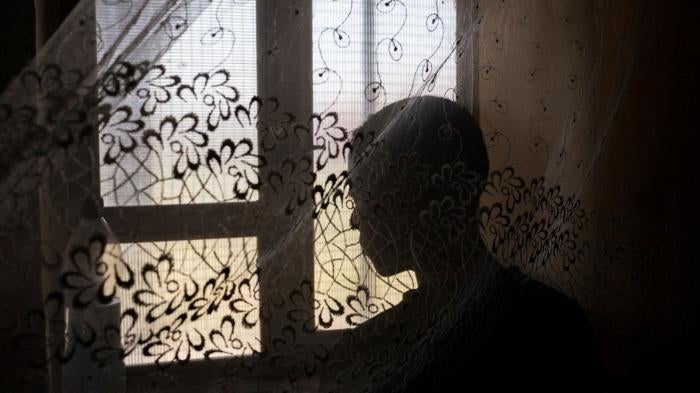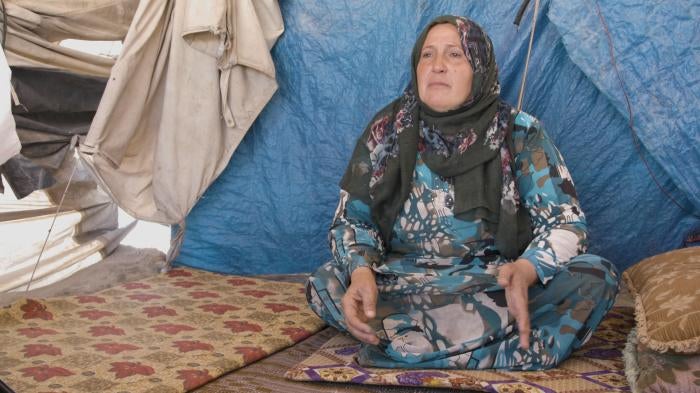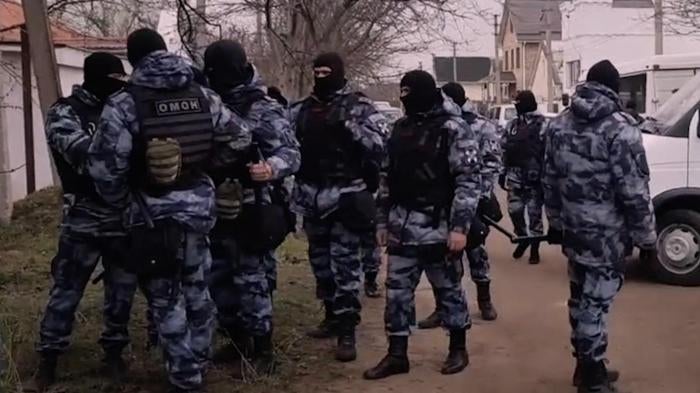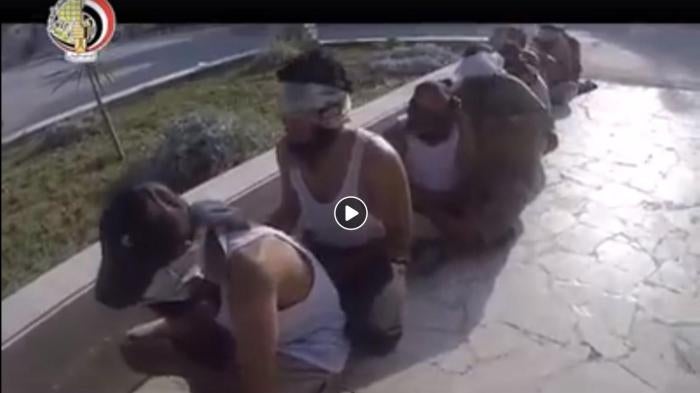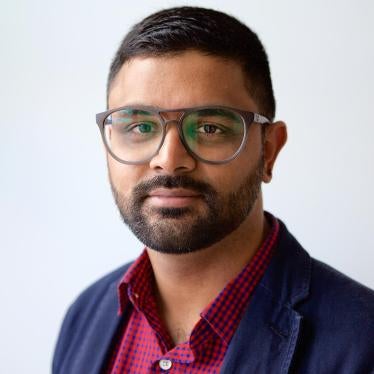Terrorism / Counterterrorism
Violent acts by non-state groups against the general population for political purposes are abhorrent crimes that, when widespread or systematic, can amount to crimes against humanity. Human Rights Watch condemns such acts. Governments have a responsibility to protect those within their jurisdiction from extremist attacks, but must ensure that all counterterrorism measures respect human rights. Human Rights Watch monitors actions by governments and inter-governmental bodies against violent extremism to ensure they do not infringe on the rights to life, to protection from torture and ill-treatment, and to a fair trial. We also condemn governments for targeting minorities or stifling the rights to free expression, association and peaceful assembly in the name of security. Such measures are not only unlawful under international law, they are also counter-productive.
Videos
Videos-
May 12, 2025
Burkina Faso: Army Directs Ethnic Massacres
Armed Forces, Militia Kill Over 130 Civilians; Reprisal Killings by Islamist Armed Group

-
August 27, 2024
Politically Targeted, Economically Isolated
How Kazakhstan’s Financing Terrorism List Compounds Human Rights Harms

-
June 26, 2024
Yemen: Houthis Disappear Dozens of UN, Civil Society Staff
Release Detainees; End Arbitrary Arrests and Enforced Disappearances

-
May 8, 2024
Mali: Islamist Armed Groups, Ethnic Militias Commit Atrocities
Provide Accountability, Improve Protection for Civilians

News
-
June 26, 2024
Yemen: Houthis Disappear Dozens of UN, Civil Society Staff
Release Detainees; End Arbitrary Arrests and Enforced Disappearances

-
May 8, 2024
Mali: Islamist Armed Groups, Ethnic Militias Commit Atrocities
Provide Accountability, Improve Protection for Civilians

-
May 7, 2024
Trinidad and Tobago: Bring Home Children, Women Held in Iraq
Boys Forcibly Separated from Mother Highlights Health Concerns
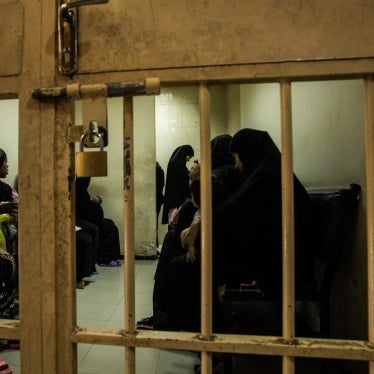
-
May 4, 2024
It Is Our Moral Calling to Stand With Wrongly Imprisoned Russian Playwright and Director
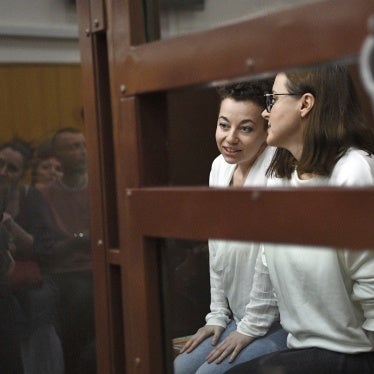
-
April 25, 2024
Burkina Faso: Army Massacres 223 Villagers
Undertake Prompt, Independent Inquiry with AU, UN Assistance

-
April 9, 2024
Indian Court, Finding Lack of Evidence, Grants Bail to Activist
Drop Baseless Charges; End Politically Motivated Use of Counterterrorism Law
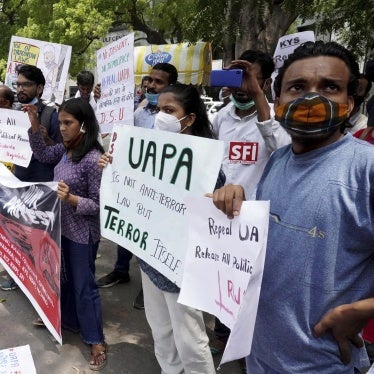
-
March 29, 2024
Russia: Shameful Pride in Torture of Terrorism Suspects
Authorities Should Condemn, Punish Not Condone Ill-Treatment
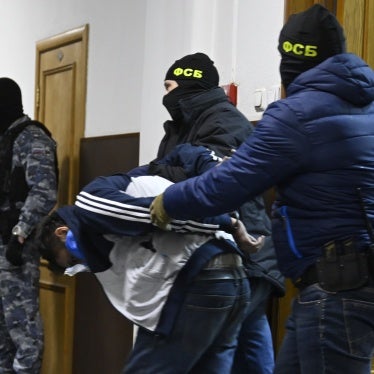
-
March 28, 2024
Mali: Army, Wagner Group Atrocities Against Civilians
Investigations Needed Into Indiscriminate Drone Strikes, Summary Killings
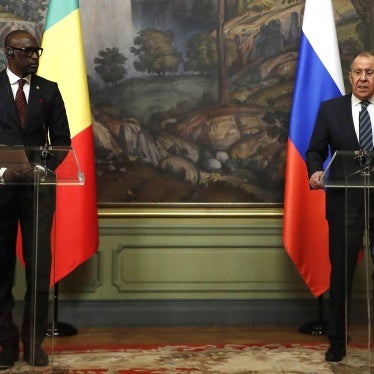
-
March 2, 2024
Australia: Youth Thought Dead May Be Held in Northeast Syria
Confirm Yusuf Zahab’s Identity; Urgently Bring Home All Detained Australians
-
February 29, 2024
Syria: Abuses, Impunity in Turkish-Occupied Territories
Türkiye Bears Responsibility for Turkish and Proxy Forces’ Actions


